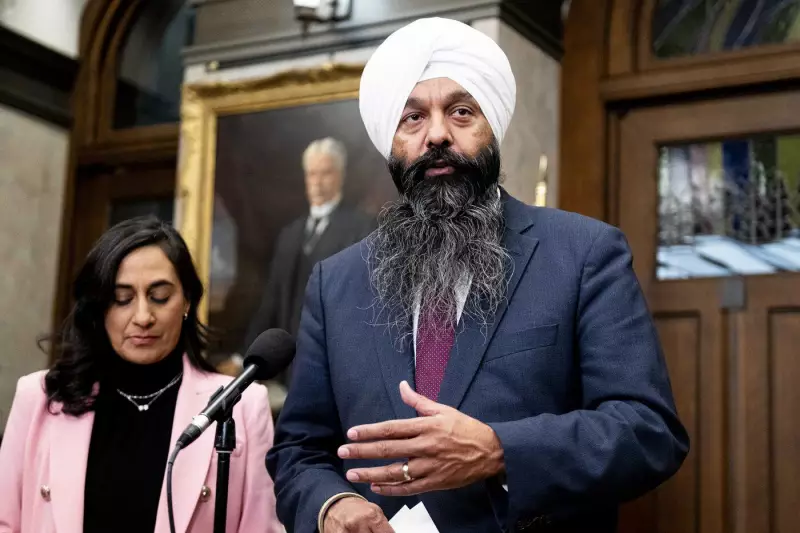
Internal government analysis suggests the Liberal administration anticipates facing fewer challenges on its international aid strategy following the New Democratic Party's diminished presence in Parliament.
According to briefing documents obtained by CTV News, government officials believe the NDP's reduced seat count will translate into less rigorous questioning about Canada's foreign assistance programs and spending priorities.
Changing Political Landscape
The briefing note, prepared for International Development Minister Ahmed Hussen, indicates the government expects "reduced opposition and scrutiny" on foreign aid matters. This shift comes after the NDP lost significant ground in the House of Commons, dropping from 24 seats to just 19 following the last federal election.
The documents reveal that officials are preparing for a different dynamic in parliamentary committees and question periods, where the NDP has traditionally been vocal about international development issues.
Historical Context of NDP Advocacy
The New Democratic Party has long positioned itself as a strong advocate for robust foreign aid spending and progressive international policies. Under leaders like Jack Layton and Tom Mulcair, the party consistently pushed for increases to Canada's international assistance budget and criticized what they viewed as inadequate funding levels.
With fewer members in Parliament, the party's ability to influence foreign aid policy through committee work and daily question periods has been significantly constrained.
Government's International Aid Strategy
The Liberal government has faced criticism from various quarters about its approach to foreign aid. Some development organizations have argued that Canada isn't meeting its international commitments, while others have questioned the effectiveness of certain aid programs.
The briefing documents suggest the government sees an opportunity to advance its international development agenda with potentially less opposition from the left flank of Canadian politics.
Potential Implications
This development could have significant implications for how Canada's foreign aid policies are debated and scrutinized. With reduced pressure from the NDP, the government may face different types of questions about its international assistance priorities, potentially from other opposition parties or through increased media scrutiny.
The changing dynamic also raises questions about how development organizations and advocacy groups will adjust their strategies when engaging with Parliament on international aid matters.





